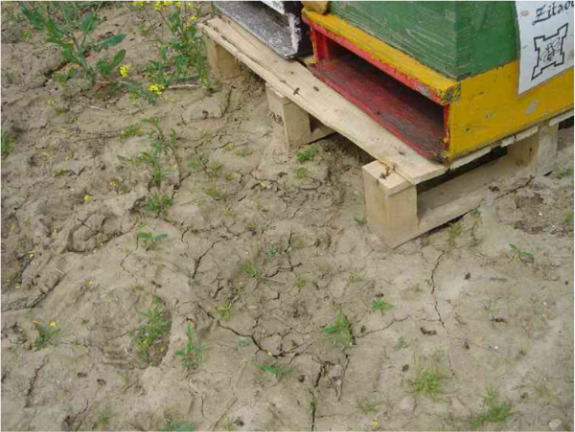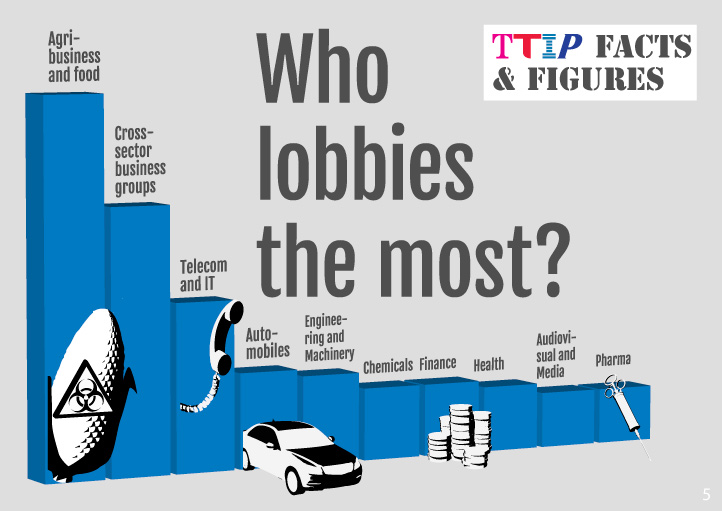Regulatory
Tests for Pesticides and Agrochemical Industry Influence:
Bees And Neonicotinoids
- Guidelines for assessing risk to honey bees through regulatory
tests for pesticides have been devised with significant influence from the
agrochemical industry as shown when we examine the role of the EPPO and ICPBR industry-dominated sub-groups.
- Despite
presence of UK FERA and French Civil Servants within these groups, regulatory tests for pesticides are inadequate for assessing risks to bees and non-target
invertebrates.
I first wrote about the ICPBR group some time ago, since when my knowledge of this issue has increased substantially. Here's how industry have influenced EU guidelines for regulatory tests for pesticides on honey bees.
The EPPO

The EPPO is the European and Mediterranean Plant Protection
Organization.
A part of EPPO is the ICPBR Bee Protection Group (some irony in the name, one feels), and they are very influential in setting standards for regulatory tests that must be conducted on honey bees.
From the EPPO website, the following paragraph describes this role, and discusses a meeting to review the standards:
http://www.eppo.int/PPPRODUCTS/honeybees/
honeybees.html
Quote:
“Currently in the EU, regulatory evaluations for the effects of pesticides on honeybees are based on the EPPO/Council of Europe risk assessment scheme for honeybees (EPPO Series PP 3 Environmental Risk Assessment Scheme for Plant Protection Products – Chapter 10: Honeybees; first published in 1993, the latest revision in 2010) and on the standard on the conduct of trials for the evaluation of side-effects of plant protection products on honeybees (PP 1/170).
The ICPBR ‘Bee Protection Group’ provides the technical input for both EPPO Standards.
As part of their ongoing review of pesticide risk assessment for honeybees they identified a number of issues that require further consideration and in response, EPPO asked the group to undertake revision of the two EPPO standards.
Within the ICPBR ‘Bee Protection Group’ the Working Groups were set up to address the recently emerged problems of systemic effects through seed and soil treatments, of field and semi-field testing, and honeybee brood testing”.
Who Are The ICPBR Bee Protection Group?
This has been covered elsewhere on this website, but a list of attendees can be found here (Update: the link is no longer functional).
You'll note, the attendees – a list of which can be found in the document pages, primarily includes:
- Employees of agrochemical companies (e.g. 6 attendees from Syngenta)
- Industry bodies – such as associations connected with ‘plant protection’ or ‘plant protection service’
- Government Civil Servants – e.g. Helen Thompson, Selwyn Wilkins of UK FERA (Food And Environment Research Agency), and French Civil Servants, such as Anne Alix.
- Employees of consultancy organisations
serving agrochemical companies, such as Gavin
Lewis of JSC
International.
As I write, this the JSC consultancy say on their home page (emphasis is my own):
“Over the last 20 years we have helped chemical companies across the globe prepare robust submissions, minimise costs and lobby authorities. We’re confident we can do the same for you”.
 From Corporate Europe - the Agrochemicals industry were the biggest spenders lobbying the EU over TTIP.
From Corporate Europe - the Agrochemicals industry were the biggest spenders lobbying the EU over TTIP.The European Environment Agency has produced an extremely important report: Late Lessons Early Warnings: science, precaution, innovation in which Bees are considered.
Authors, Maxim and Van Der Sluijis provide further information about the ICPBR Bee Protection Group members.
In other words, it really seems like a case of the fox guarding the chicken coup!
I am not against industry, but the fact is, the standards for regulatory tests for pesticides offer so little protection for bees, it's difficult not to to suspect the agro-chemicals industry of doing all it can to ensure that negative test results on bees don't prevent registrations, and therefore, don't hamper company profits, regardless of the potential knock on effects on the environment.
The fact that our civil servants have not:
- prevented registrations of poisons we now know for sure have not been properly tested;
- have failed to ensure guidelines for regulatory
tests for pesticides protect our bees,
- is disappointing.
It is even more worrying given that they also use tax payer's money to fund reports that mislead the public and ministers, as has been shown in their treatment of the Girolami guttation study, in comparison with a flawed Swiss government study. These civil servants advise DEFRA, who have continually reassured the public that we have "a robust system for testing pesticides".
Perhaps, in the UK we suffer from the same behaviour from our regulatory officials as they have experienced in France, which Philippe de Villiers, candidate to the French Presidency, French deputy and later European deputy calls:
“irresponsible productivism manipulated by the industry, but also the passive complicity of the administration”.
More articles:
- The neonicotinoids issue is not just about
honey bees. We should also be concerned about other non-target
species, such as wild bees and butterflies, and many other unsung hereos
of our eco-system. Read more.
- Would it be enough to restrict the use of neonicotinoids to non-flowering crops? I don't think so - here's why.